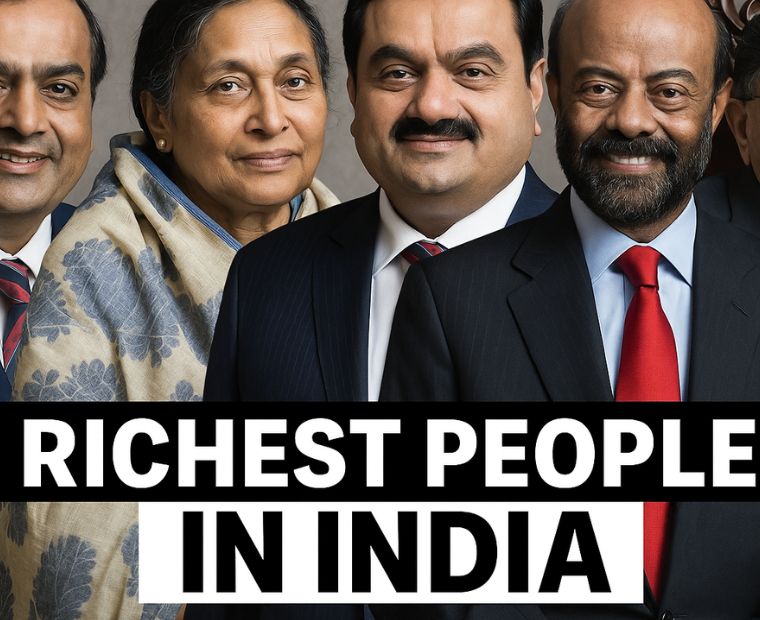
Table of Contents
Modified On:
Trump’s latest tariff threat targets BRICS nations, potentially reshaping global trade policies. Get the full story here.
After taking office on January 20, 2025, Donald Trump has reiterated his intentions of imposing a 100% tariff on imports of the BRICS nations if they plan to devalue the dollar in global trade.
The BRICS nations include Brazil, Russia, India, China, and South Africa. This means India is likely to face high trade tariffs on import duty from the US.
The Full Story
Hours after the POTUS took oath for his presidential term, Trump has threatened the BRICS+ nations with a 100% tariff imposition if they plan to cut down the value of the dollar.
News agency ANI quoted Trump,
“As a BRICS nation... they'll have a 100 per cent tariff if they so much as even think about doing what they thought, and therefore they'll give it up immediately.”
BRICS was initially formed with five nations, including Brazil, Russia, India, China, and South Africa. It was formed to identify investment opportunities for the member nations to boost their economic stature.
Since its inception, BRICS has now expanded, with five more nations joining the membership—Egypt, Ethiopia, Indonesia, Iran, and the UAE.
A few of the BRICS members, particularly Russia and China, have been planning to introduce a new BRICS currency to replace the US dollar. India, so far, has not participated in these discussions.
These discussions likely pose a threat to the US's strongest weapon, the dollar, and hence he has responded to it strongly. He said,
“If the BRICS nations want to do that, that's OK, but we're going to put at least a 100 percent tariff on the business they do with the United States... It's not even a threat.
In fact, since I made that statement, Biden said, they have us over a barrel. I said, No, we have them over a barrel. And there's no way they're going to be able to do that."
In 2023, during the 15th BRICS Summit, Russian President Vladimir Putin called for de-dollarization and insisted on expanding trade settlements in national currencies and expanding bank cooperation.
India’s Stance On De-Dollarization
In December 2024, RBI Governor Shantikanta Das stated that India is not taking any steps towards de-dollarization and is only looking to reduce risk on domestic trade due to geopolitical tension.
Das emphasised that de-dollarization was not an option. He further stated,
“So far as India is concerned, there are no steps that India has taken that specifically want to de-dollarise.
All that we have done is that we have permitted the opening of VOSTRO accounts, and we have entered into agreements with two countries now to do local currency-denominated trade.
That is basically to de-risk Indian trade; dependence on one currency can be problematic due to appreciation or depreciation."
However, India has taken small steps to internationalise its currency. In 2022, during the Russia-Ukraine War, the RBI allowed invoicing and payments for international trade in INR.
Prime Minister Narendra Modi also stated that “India welcome[d] efforts to increase financial integration among BRICS countries”, and “trade in local currencies and smooth cross-border payments will strengthen our economic cooperation”.
In November 2024, External Affairs Minister S Jaishankar told the India-Russia Intergovernmental Meeting that “mutual settlement of trade in national currencies is of great importance, especially in the current circumstances”.

Save Money in Digital Gold

.svg)








.png)
.png)











.jpg)


